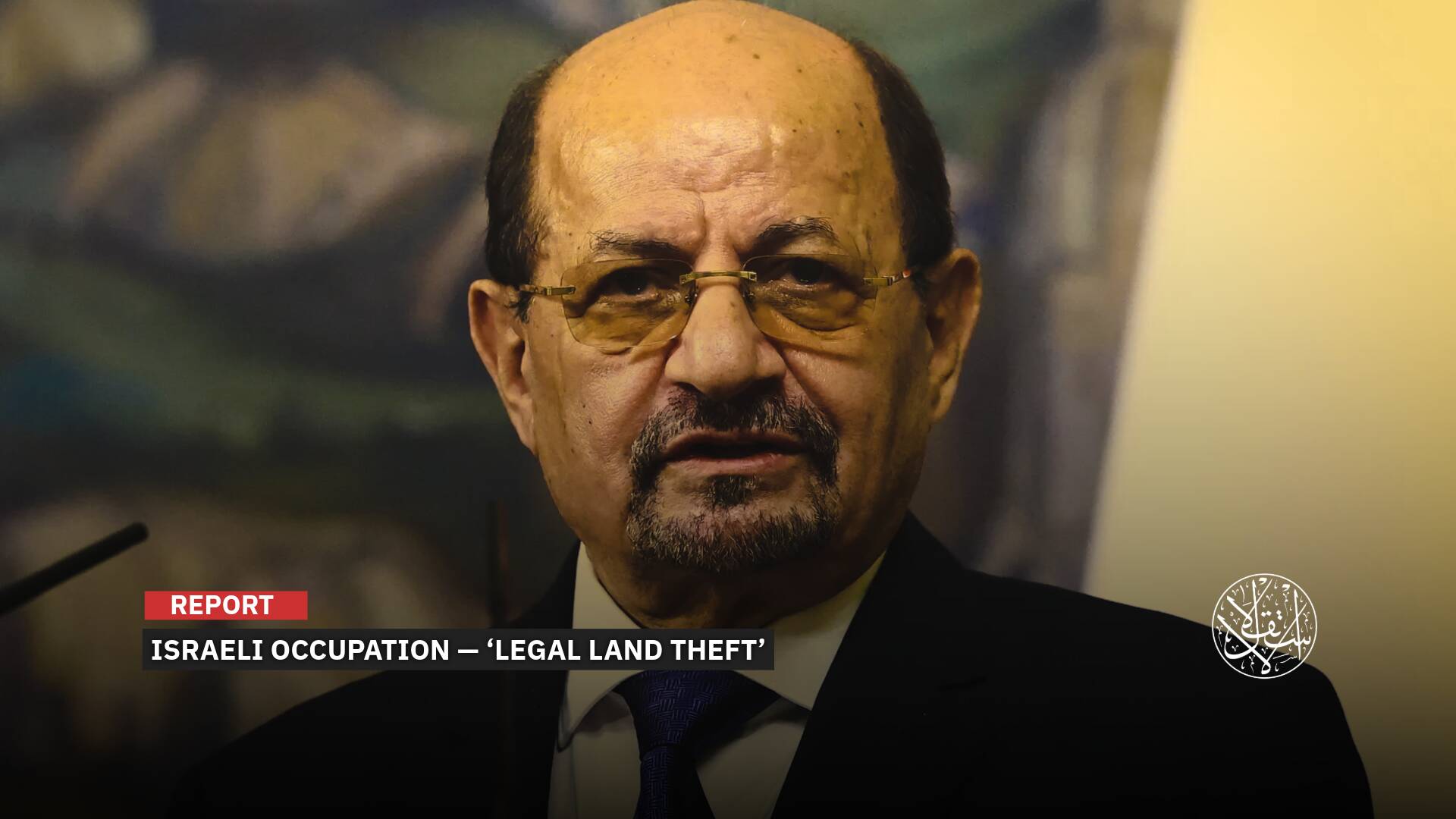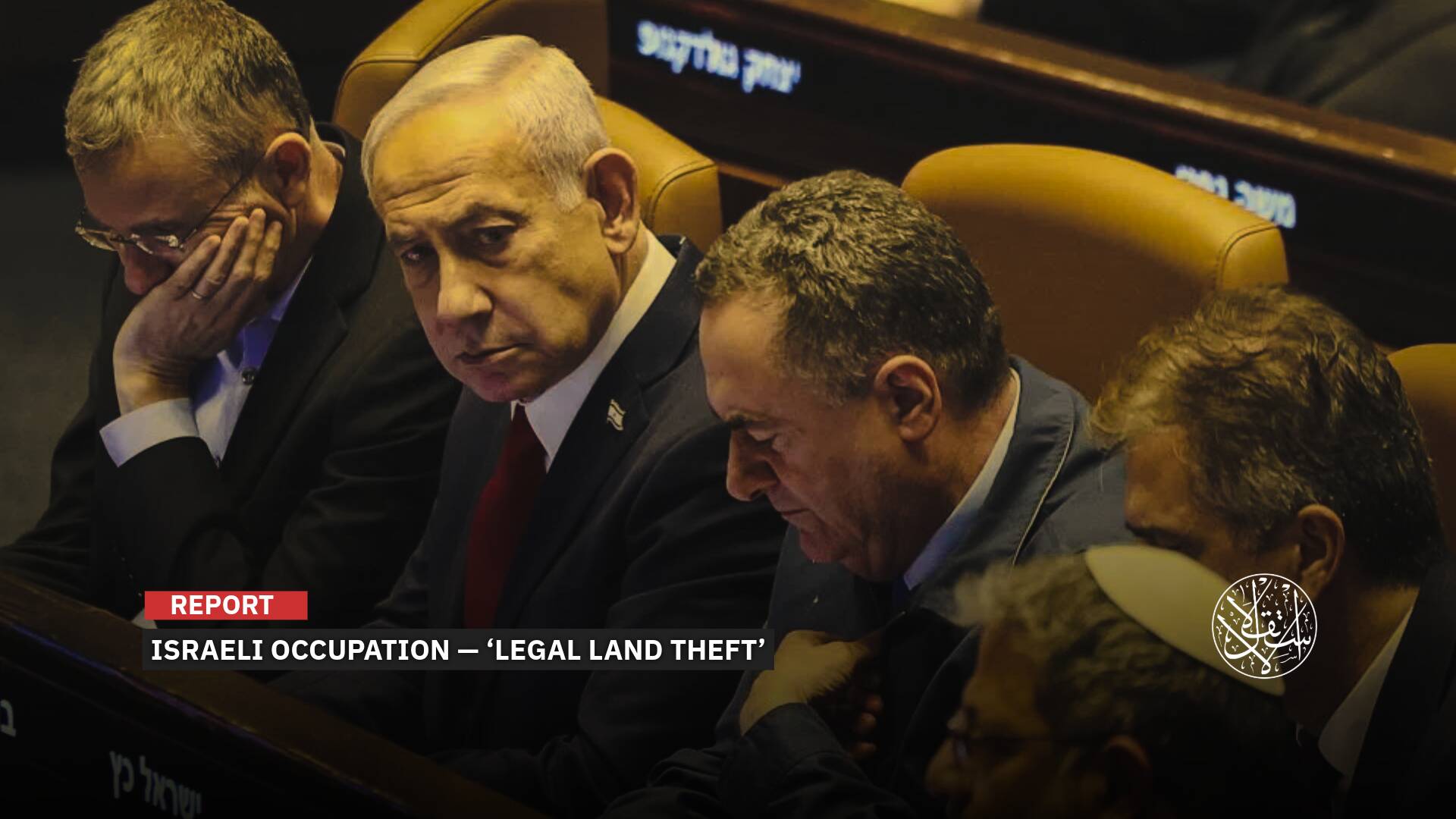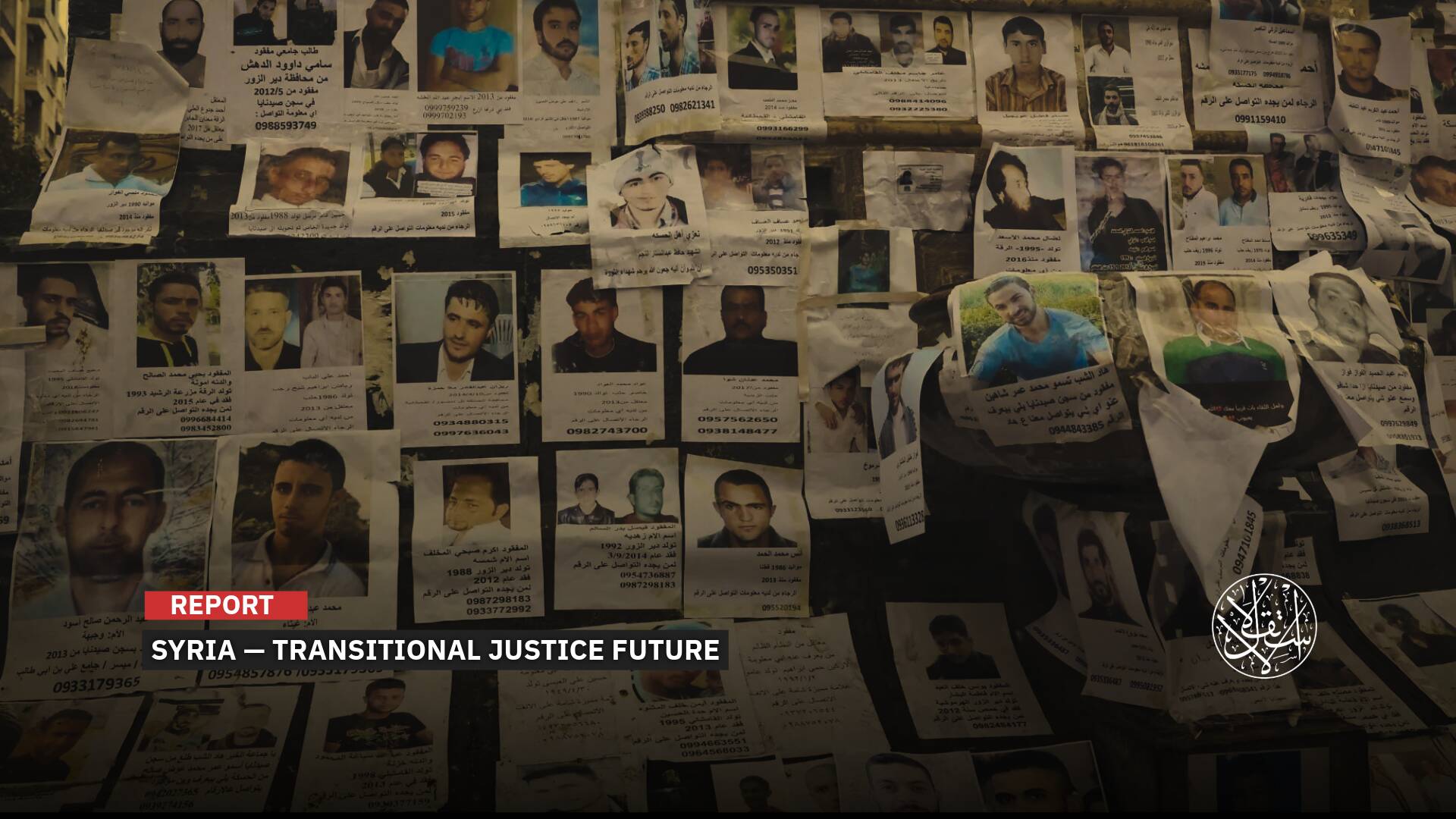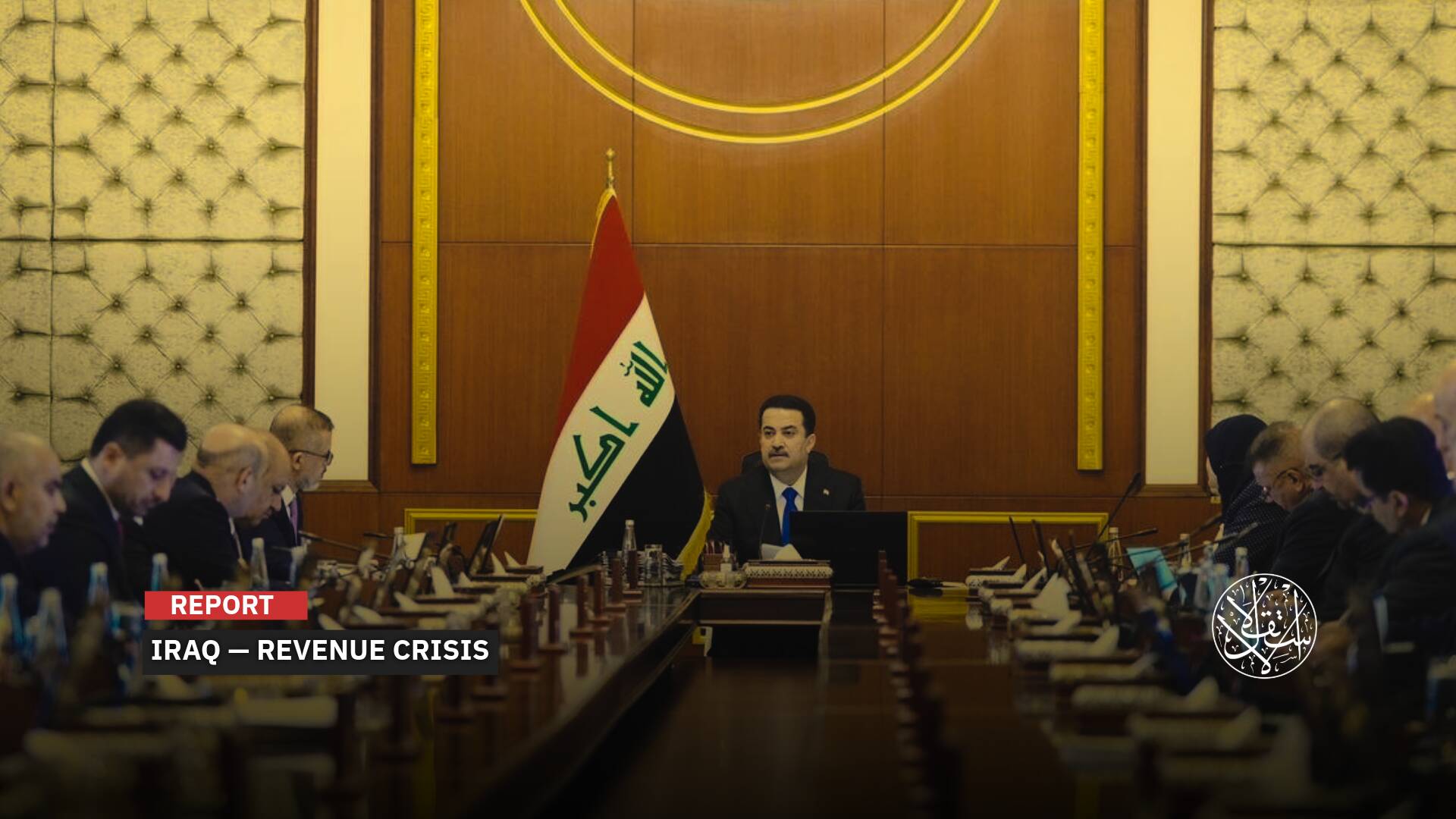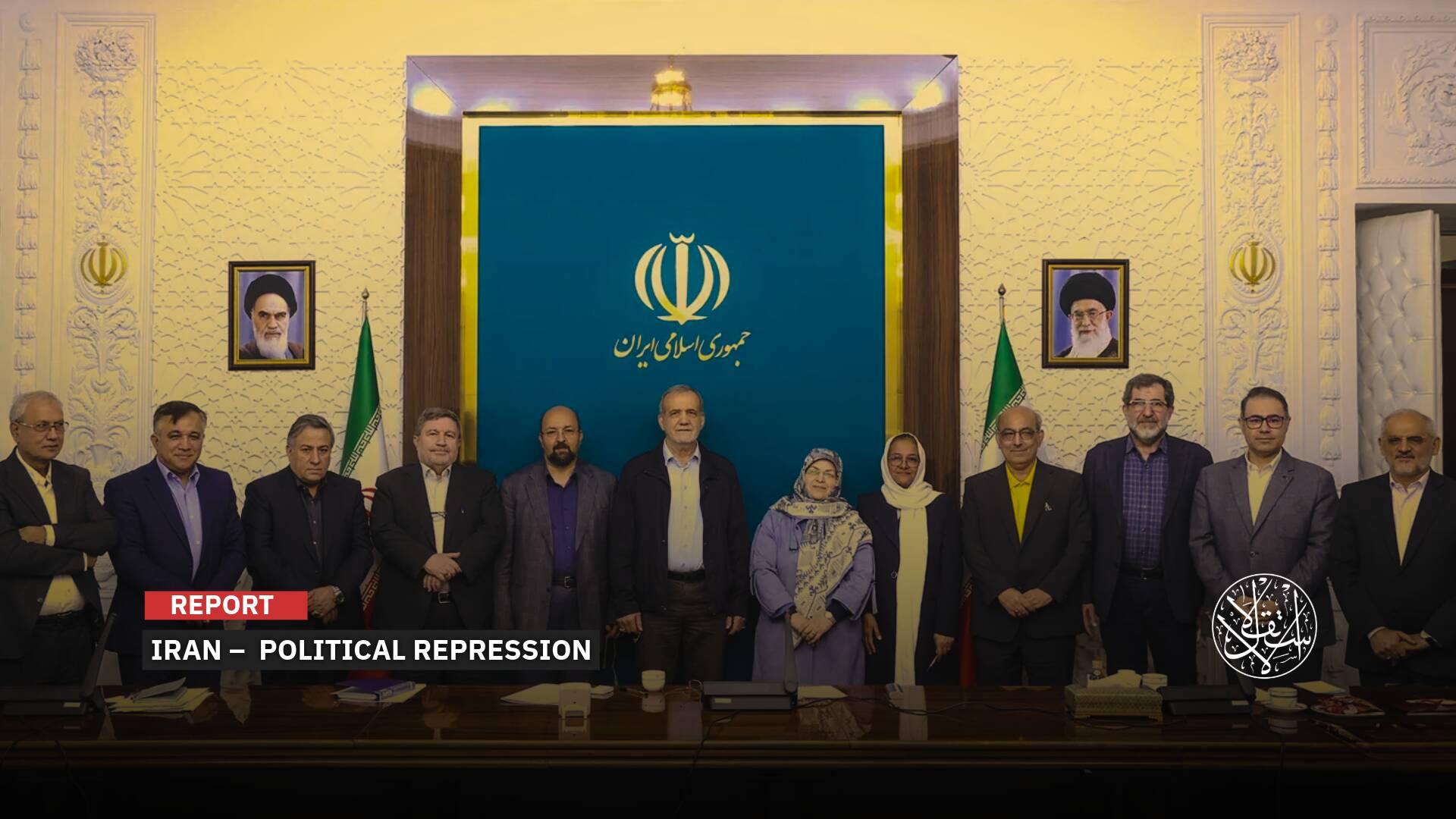Did Influencers Succeed in Conveying the Image of the Quake’s Havoc in Northern Syria?

Arab influencers on social media played an important role in encouraging people to provide financial support to the quake victims in northwestern Syria, outside the control of the Bashar al-Assad regime. This was through their direct coverage in the quake areas.
Those influencers contributed to conveying the extent of the havoc caused by the earthquake in northern Syria by taking advantage of the high numbers of their followers on their social media platforms.
One Gift
A number of celebrities on social media of different Arab nationalities hurried to northern Syria in the first days following the earthquake.
On February 6, 2023, two earthquakes struck southern Turkiye and northern Syria.
The earthquake killed 43,556 people in Turkiye and more than 2,000 in the Syrian opposition areas in Aleppo and Idlib, in addition to 1,414 died in regime-held areas.

The greatest damage was concentrated in northwestern Syria, where the earthquake displaced about a million people and completely destroyed more than 1,123 homes, while the number of uninhabitable homes there increased to reach more than 14,000.
Northwestern Syria, which is outside the control of the Assad regime, holds about 5 million people who were already suffering from a lack of aid and services before the earthquake.
It was remarkable that these Arab influencers arrived in northwestern Syria in the first days after the earthquake, even before the arrival of the international humanitarian aid that failed to help the afflicted until the sixth day.
They could feel how horrible the situation was in the region where residents had been already living on international and relief aid before the earthquake.
However, the United Nations (UN) claimed the Assad regime did not allow it to enter to provide support immediately. Syrians condemned the UN and said it was a partner in complicity with the regime.
A number of Arab media professionals and influencers succeeded in conveying the image as it is of northern Syria, depicting the extent of the victims’ suffering and the extent of their urgent need for relief aid.
Helping With What You Got
Upon his arrival in northern Syria, and in a television interview inside the border, the Sudanese journalist and sports commentator, Swar el-Dahab, said: “Everyone can provide assistance with his specialty. I am a journalist, so standing with honest and kind words has an impact, especially since the Syrian people are just in need of a simple word.”
El-Dahab, who works in the Qatari BeIN Sports channels, covered the scenes of the devastation caused by the earthquake in Aleppo and Idlib and conveyed the suffering of the people, whom he described as “broken souls” while they were sleeping in tents on the roads.
On February 9, 2023, al-Dahab tweeted, calling for the opening of the closed crossings towards the opposition areas, saying: “For more than 10 years, the bereaved Syrian people have been suffering from earthquakes of killing, displacement, and whoever was the cause of these tragedies cannot be part of the solution, no matter how embellished the phrases are under the guise of humanity.”
He also wrote on February 7, tweeting: “The reality inside Syria is tragic due to the lack of rescue teams and the lack of modern rescue tools. Only the Syrian Civil Defense works with the people with limited capabilities, and those who were spared from the earthquake were not spared from the harshness of cold and hunger.”
In a television interview with the Syrian journalist Hadi al-Abdullah, al-Dahab said: “During recent years, No people have experienced crises and calamities from World War II like the Syrian people, despite their suffering you can only hear them thanking God, so they do not deserve to be left with the injustice of the delay in the entry of international aid immediately after the earthquake.”
He went on to say: “I saw a model from the days of the Companions inside northern Syria, through the people’s support for the White Helmets (the opposition Syrian Civil Defense Organization) to recover the victims.”
As for the Palestinian YouTuber Muhammad Adnan, he confirmed that his trip to Syria is for moral and psychological support and the provision of food, drink, and clothes.
Adnan added, in a video posted on his YouTube channel, that Qatar Charity invited them to be in the heart of the event because “whoever wants to donate is looking for a reliable party to donate to those affected by the earthquake.”
Qatar Charity is one of the largest and leading non-governmental charitable organizations in the Gulf, which was established in 1992 in order to develop Qatari society and needy communities.
Adnan published videos of the neighborhoods destroyed by the earthquake and the extent of the destruction, in addition to the people spread in the streets; he also took photos of tents put as new homes for the afflicted after their homes were destroyed.
More Donations
Abdullah al-Ghafri, a Qatari content creator, went to northern Syria to document what happened to the afflicted people there.
He wrote on his Instagram account on February 16, 2023: “For the first time in my life, I visit beloved Syria, I felt a strange feeling, perhaps because the visit was dangerous, but it was God’s will to come here after the earthquake disaster, and thank God we hope our visit boosted donations for those people because the reality is really difficult, may God help them.
“God helped us to collect more than two million riyals [more than 549 thousand dollars] of donations in one hour on the radio.”
رحلة سوريا الحبيبة، تحديداً في الشمال السوري
— QQQ | الغافري (@itsQQQ) February 15, 2023
أوّل مره ازورها، أسأل الله أن يلطف بحالهم
والله هواها جميل وفيها راحة و ناسها طيبين
وضعهم صعب جداً بعد الزلزال، شوفوا مشاريع قطر الخيرية فيها وإذا حاب تتبرع يمديك
اللي ماشاف التغطية بيلقى التصوير كامل مثبّت في حساب السناب QQQ pic.twitter.com/GiCt7WEwQD
Al-Ghafri tried to focus more on humanitarian details, whether by interviewing the people in the earthquake areas or meeting with members of the Qatar Red Crescent or the Qatar Charity Organization.
A video spread like wildfire, published by al-Ghafri, showed a Qatari citizen working in the field of relief in northern Syria, telling the story of a Syrian child who came out of the tent to tell his mother that the volunteers had brought bread to the people.
Al-Ghafri commented, “I want the children, on my accounts, to see this video before the adults.”
The Jordanian traveler and content creator, known as Ibn Hattuta, cut off his visit to Morocco and went to northern Syria, specifically to Jindires in Aleppo, the most affected by the earthquake, as about 90% of homes there were demolished.
“People here need us, and I came here to see what is the best way for the followers and me to help those affected by the earthquake,” Ibn Hattuta said, standing among the destroyed houses.
Ibn Hattuta began to convey the testimonies of civilians who lived through the earthquake and lost all their family members under the rubble of their homes.
He shed light on the White Helmets organization, saving the lives of Syrian citizens from bombing and natural disasters in opposition areas.
Ibn Hattuta met with the White Helmets that told him poignant stories they encountered while they were carrying out operations to rescue people from under the rubble immediately after the earthquake.
Northern Syria is still witnessing a significant shortage in providing international aid for the relief of earthquake victims.
More than 200 planes loaded with tens of tons of humanitarian and relief aid have landed at the airports of Damascus, Aleppo, and Latakia since the quake, almost half of them from the UAE, which has restored diplomatic relations with the Assad regime since 2018, but intended only for residents in regime-controlled areas.
Aid is flowing into Damascus at a time when local opposition authorities and activists in areas outside the regime’s control have criticized the United Nations’ delay in responding to the earthquake.
Secretary of the Political Committee in the opposition Syrian National Coalition, Abdulmajeed Barakat, previously stated, during press statements on February 16, 2023, that “the devastating earthquake revealed the failure of the United Nations and its organizations to carry out their responsibilities towards the Syrian people.”
Barakat pointed out that “the United Nations is trying to cover up its failure under the pretext that it needs the approval of the Assad regime to enter aid into northern Syria, which gave the latter more political blackmail.”
Sources
- What is the extent of the destruction in northern Syria after the earthquake? [Arabic]
- Salem al-Meslet receives an official delegation from Qatar [Arabic]
- More than two hundred planes loaded with aid have arrived in Syria since the devastating earthquake [Arabic]
- 2274 victims and more than 12 thousand injured after the earthquake in northern Syria [Arabic]




